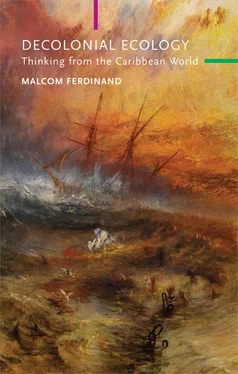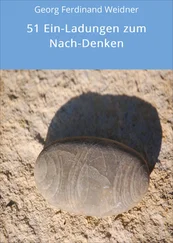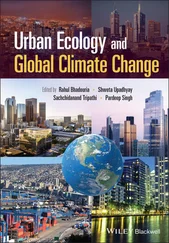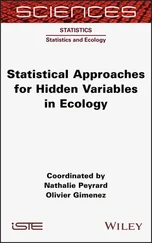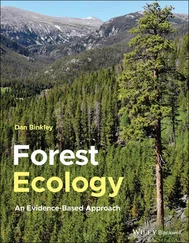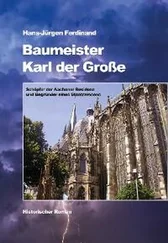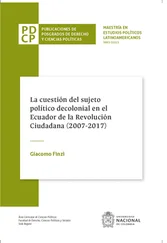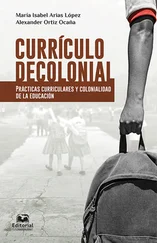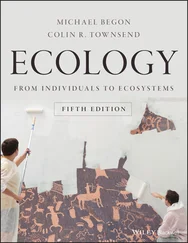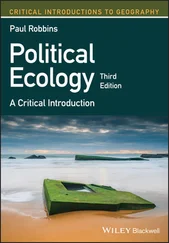1 ...7 8 9 11 12 13 ...18 Certainly, the importance of the concrete aspects of ecological degradation has led some theoretical approaches to focus solely on the economic and material dimensions of the ecological crisis – nature being included in the material – and led to the continued confusion of the globe with the world. In this vein, Jason Moore’s brilliant analyses of “world-ecology,” inspired by Fernand Braudel and Immanuel Wallerstein, the analyses of political ecology by eco-Marxists, and those of global environmental history paradoxically suffer from the same ills that they denounce: they take the material sphere of physical economic forces impacting the Earth as the main focus for understanding the world. 73Undoubtedly, this global understanding of the ecological crisis in terms of humans’ ecological footprints, “unequal ecological exchange,” 74or “global limits” 75reveals the inequalities between those who consume the equivalent of three or four planets and those who live on almost nothing. And yet, the power of words and political actions are set aside in favor of what can be measured. What remains is what cannot be quantified: suffering, hopes, struggles, victories, refusals, and desires.
This proposition echoes the call of anthropologists and sociologists to focus on other forms of world-making carried out by First Peoples who do not share the modern environmental fracture. 76However, my suggestion that the world be posited as ecology’s horizon is not exactly a call to adopt specific techniques in relation to the environment, ecosystems, spirits, and human beings. Starting from the constitutive plurality of humans and non-humans on Earth, of different cultures, taking the world as the object of ecology brings back to the fore the question of the political composition between these pluralities, and therefore the question of acting together as well. This political approach to the world, in the Greek sense of polis, removes ecology from the single question of the oikos (economic and environmental) because, even if the Earth is indeed strewn with houses, fertile spaces for life and exchanges with it, the Earth is not, however, our home . If these ecumenes are fundamental, then the Earth cannot be adequately represented as one single global oikos . This reduces the Earth solely to the framework of property issues (whose house is it?), cast in the image of the imperial drive to capture and monopolize “territories,” “resources,” and power (who controls it?), like in ancient Greece where a citizen man enslaves the men, women, and children of the household and repels foreigners. This falls back into a violent territorial and root-identity thinking that Édouard Glissant denounced, a way of thinking that still presents the Earth as a colonial and slave-making oikos , and still maintains the colonial ecology model. 77
Earth is the world’s womb, its matrix . 78From this perspective, ecology is a confrontation with plurality, with others different than myself, leading to the foundation of a common world. It is from the cosmopolitical foundation of a world between humans, and with non-humans, that the Earth can become not only what we share but what we have “in common without owning it .” 79Arendt’s proposed world horizon is enriched in two different ways with which she was not originally concerned. It is creolized and marked by the recognition of the Caribbean experiences of colonialism and slavery, and it is extended by the political recognition of the presence of non-humans, giving rise to a world between humans and with non-humans. If nature and the Earth are not identical to the world, here, the world includes nature, the Earth, non-humans, and humans, all the while recognizing different cosmogonies, qualities, and ways of being in relation to one another.
The starting point for thinking ecology from the world cannot be a point that is off-ground, off-world, off-planet, and it cannot be expressed from a being without a body, without color, without flesh, and without a story. Though the history of the Earth is not limited to Western modernity and its colonial shadow – Asia and the Middle East also had their empires and colonialisms – it is here from this shadow that I wish to contribute with this work to thinking about the Earth and the world. My starting point is the Caribbean and its multiple experiences, with a particular emphasis on Martinique, the island where I was born. I speak first in my name, from my body, and the experiences of my native land. I. A Martinican Black man, I lived the first eighteen years of my life in the rural town of Rivière-Pilote and in the small city of Schœlcher, and the next sixteen in Europe, Africa, and Oceania. I will no longer speak from the usual categories of “Man” (with capital M) or “man” (with a lowercase m), as the Caribbean writer Sylvia Wynter invites us to stop doing. This term reflects the over-representation of the White man of the upper classes who wishes to usurp the human and its constituent plurality. 80By claiming to designate both the male of the human species and the entire species as such, this word perpetuates the invisibilization of women, of their places and their actions, as well as the acts of violence that are committed against them. “Man” has never acted upon or inhabited the Earth; it has always been humans, persons, groups, hybrid human/non-human groups that act, struggle, and meet upon the Earth. 81To take the world as the starting point and the horizon of ecology is, in essence, to approach the ecological crisis with the following questions: how can a world be made on Earth between humans and with non-humans? How can a world-ship be built in the face of the tempest? These are the questions that guide this worldly-ecology.
Reaching the eye of the tempest
These three propositions, those of thinking the ecological tempest in light of the colonial and environmental double fracture (Noah’s Ark) from modernity’s hold (the slave ship) and towards the horizon of the world (the world-ship), allow me to follow Aimé Césaire’s introductory invitation to “reach the eye of the tempest.” Reaching the eye of this storm is not the search for a temporary lull amidst the ills of the world. In the eye of the hurricane, if one lends an ear, the screams of those left behind by the hecatomb can be heard. To reach the eye of the tempest is an invitation to confront the causes of modernity’s destructive accelerations. It is a matter of sailing through the colonial winds of modernity, its misogynistic skies, racist rains, and uneven swells, in order to undo those ways of inhabiting the Earth that are violently dragging the world-ship towards an unjust course. Beyond the double fracture, I propose to patiently sew the thread of another way of thinking about ecology and the world, necessarily producing other concepts. For this ocean journey, I am accompanied by Afro-Caribbean philosophy, which, as described by Henry Paget, is anchored in the Caribbean world’s practices and discourses, in its stories and poems, in its literature and works of art. 82
The first part, “The Modern Tempest,” offers a different historical understanding of colonization and slavery in the Caribbean, one that holds its political and ecological configurations together, with a particular focus on French experiences. We will see how the European colonization of the Americas has produced a violent way of inhabiting the Earth that denies the possibility of a world with the non-European: a colonial inhabitation . In addition to the genocide of indigenous peoples and the destruction of ecosystems, this colonial inhabitation transformed the land into the jigsaws of factories and plantations that characterize this geological era, the Plantationocene , resulting in the loss of caring and matrical bonds with the Earth: matricides . 83The turn to the transatlantic slave trade and colonial slavery, to confining human and non-human beings to the world’s hold, to the “Negroes,” also makes it possible to describe this geological era as a Negrocene . These stories, catastrophes, like the regular hurricanes that ravage the American coasts, reinforce the fractures of colonial inhabitation and prolong the enslavement of the dominated, turning the ecological tempest into a true colonial hurricane .
Читать дальше
